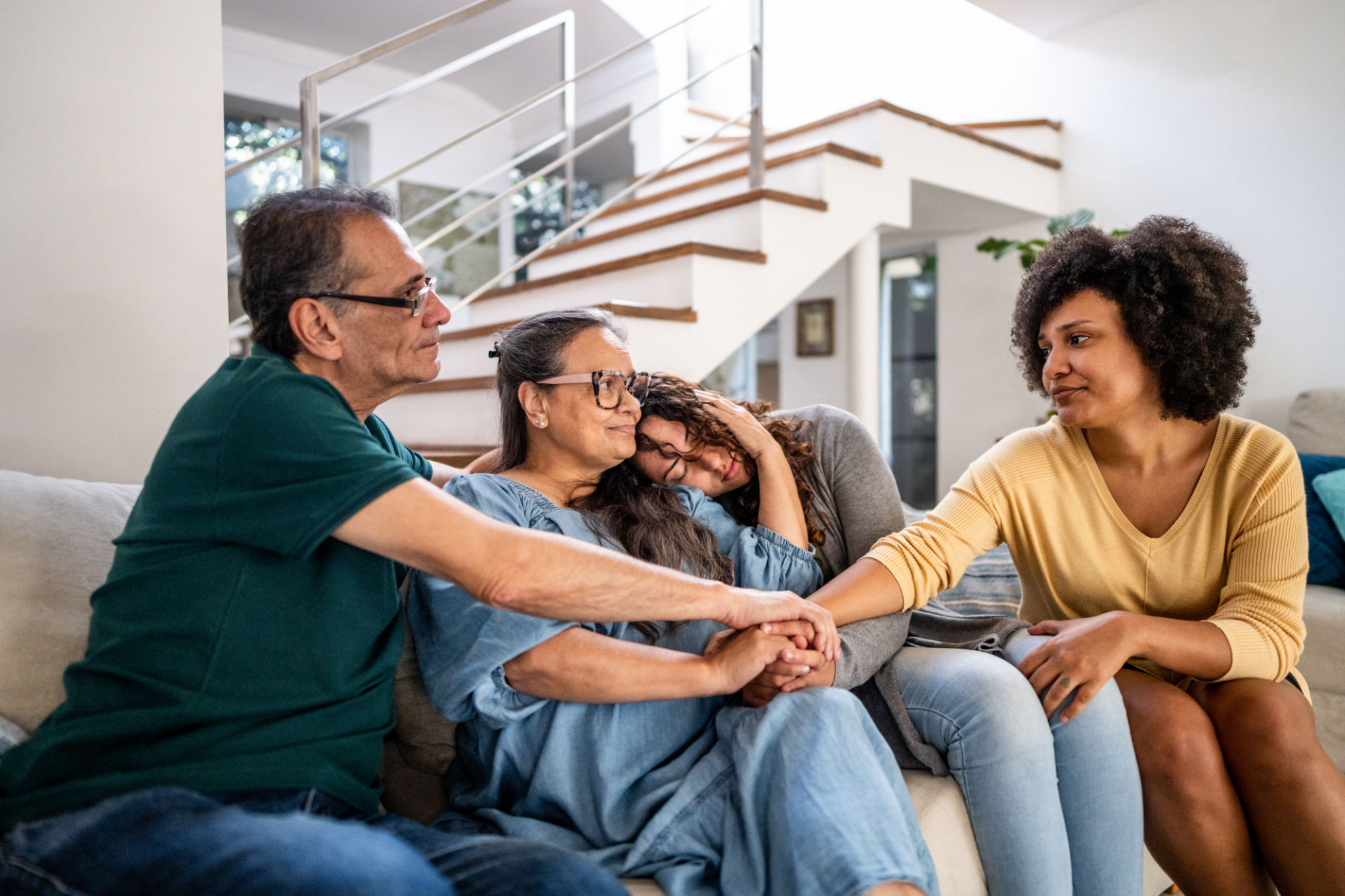Reverse Mortgages: A Retirement Strategy for Homeowners in Ontario
Understanding Reverse Mortgages
As homeowners in Ontario approach retirement, financial planning becomes crucial. One option gaining popularity is the reverse mortgage. This financial product allows homeowners aged 55 and over to access the equity in their homes without the need to sell or move. It provides an opportunity to supplement retirement income by converting part of the home’s value into cash.
Unlike traditional mortgages, with a reverse mortgage, homeowners do not have to make regular payments. Instead, the loan is repaid when the homeowner sells the home, moves out permanently, or passes away. This flexibility can be particularly beneficial for those looking to enjoy their retirement without the burden of additional monthly expenses.

Benefits of Reverse Mortgages
There are several advantages to reverse mortgages, making them an attractive option for retirees. First and foremost, they provide a source of tax-free income. This can help cover daily expenses, medical bills, or even fund a long-awaited vacation. By using the home as a financial resource, retirees can maintain their lifestyle without depleting other savings.
Additionally, homeowners retain ownership and control of their property. This means they can continue to live in their homes for as long as they wish, provided they meet the loan obligations, such as keeping up with property taxes and insurance. Moreover, reverse mortgages offer protection against declining home values, as they are non-recourse loans.

Considerations Before Opting for a Reverse Mortgage
While reverse mortgages offer numerous benefits, it’s essential to consider certain factors before proceeding. One important aspect is the cost, which can include interest rates, closing costs, and potential early repayment fees. Consulting with a financial advisor can help in assessing whether a reverse mortgage aligns with long-term financial goals.
Another consideration is the impact on inheritance. As the loan will eventually need to be repaid, it could reduce the amount left to heirs. It's vital to discuss these implications with family members to ensure everyone is on the same page and supportive of the decision.

Eligibility and Process
To qualify for a reverse mortgage in Ontario, homeowners must be at least 55 years old. The amount available to borrow depends on factors such as the homeowner’s age, the home’s location, and its appraised value. Generally, the older the homeowner and the higher the property value, the more funds can be accessed.
The application process involves a home appraisal and financial assessment to determine the eligibility and loan amount. It's crucial to work with a reputable lender who can guide you through the process and ensure transparency in terms and conditions.

Is a Reverse Mortgage Right for You?
Deciding whether a reverse mortgage is the right choice involves careful consideration of personal and financial circumstances. For some, it provides the perfect solution to enhance retirement living without the stress of monthly payments. For others, alternative options such as downsizing or home equity lines of credit might be more appropriate.
Ultimately, the decision should be based on individual goals and needs. Engaging with financial experts and discussing options with family can provide clarity and confidence in making the right choice for a fulfilling retirement.
